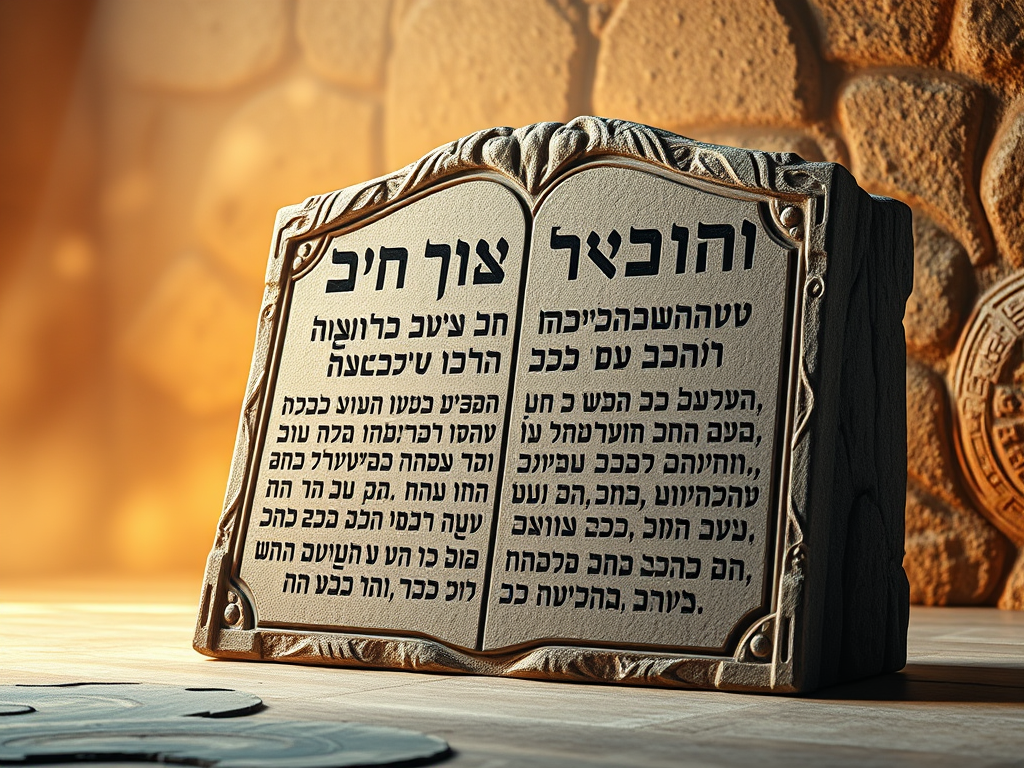For those interested in Come Now, Let Us Reason Together, I think it may be helpful if I provide some background about how it came to be written and what my purpose is. To begin, I grew up in a Reform household and was a student in my local synagogue’s Sunday school through bar mitzvah and then “confirmation.” In retrospect, I believe I received a very superficial introduction to my faith. I do not remember any deep or profound lessons being drawn from the weekly Torah portions, and Judaism’s other classic sources (Talmud, Midrash, and medieval commentaries) were essentially ignored. Basically, it boiled down to “let’s all make the world a better place” which, while unobjectionable, is hardly a unique or inspiring insight.
I remained detached from this part of my identity until I was married, when my wife and I would year after year purchase expensive high holiday tickets to attend one of the mega-Temples in Los Angeles. Years later, when living outside of Tacoma, we became affiliated with the local Chabad House, an association that continued for some 15 years. We were won over by the rabbi and rebbetzin’s warmth and their profound knowledge of and deep commitment to their faith. We attended services regularly, became much more observant, and I studied Talmud with the rabbi on a weekly basis. Our connection with this Chabad house ended under rather unfortunate circumstances.
While emotionally satisfying, I could not assent to certain key aspects of the Orthodox worldview. For one, I had never taken seriously a literal reading of the Torah. The world was not created some 6,000 years ago, nor can I comprehend why God would trick us into thinking so. Additionally, I could never accept Orthodoxy’s seeming obsession with the most rigorous observance of all the minutia of halakha, while placing less emphasis on acts of lovingkindness. Finally, I found it impossible to reconcile the elevated morality articulated in parts of the Pentateuch (e.g. “love your neighbor as yourself”) with the repellent commandments of genocide against the Amalekites, the Canaanites, and capital punishment for a wide variety of victimless crimes.
I struggled with such issues for a long time, and consequently started to read academic literature addressing these and related subjects, including the “reinvention” of Judaism by the rabbis following the destruction of the Second Temple by the Romans in 70 CE, known as “rabbinic Judaism,” that substituted prayer and textual study for cultic sacrifices.” These leaders are responsible for the Talmud, the fountainhead of Jewish law and ethics, and other classic texts. A careful examination of these sources raised the possibility that the Orthodox misunderstand Judaism’s true character, and that a contrary interpretation may be more consistent with its history and sacred texts.
I was familiar with the Kant’s commitment to the supreme value of moral autonomy through previous publications, and this idea seemed to best explain certain important Pentateuchal narratives, such as God’s response to Abraham’s challenge regarding the impending destruction of Sodom and Gomorrah: “shall not the Judge of all earth deal justly?” and the justification for God’s statement that humankind was made “in His image.” Further research suggested that rabbinic Judaism anticipated Karl Popper’s idea that radical skepticism regarding all received beliefs is the surest means of getting ever closer to the truth. Thus, rabbinic Judaism understood that the Jewish people could make constant moral progress with these tools. In short, I concluded that rabbinic Judaism was liberal in the classic sense.
This naturally led to the question of why ultra-Orthodox communities are to this day rigidly hierarchical, repressive, insular, poorly educated, and sexist; in short, illiberal and stagnant. It seems likely that this stasis was due to three developments that the leading medieval rabbis considered to be existential threats: Christianity, the Karaite heresy, and Islam. In response to the first of such dangers, the rabbis developed a doctrine (“Oral Law from Sinai”) that elevated the orally transmitted customs and practices that had developed organically in the centuries following the destruction of the Second Temple to divine commandments handed down to Moses at Sinai. Violation of such laws, as permitted by Christianity, would then become a grave sin and a formula for stasis.
This worldview was sustained throughout the Middle Ages and indeed remains dominant in Orthodox communities until today. Accordingly, I have concluded that this reaction was a dramatic deviation from the tolerant and pluralistic spirit of rabbinic Judaism, which remains the authentic Judaism. Of course, the Enlightenment witnessed the emergence of more liberal streams of Judaism, but these are generally perceived as second class, corrupted versions of its true character. Since I believe there are good reasons for rejecting this idea, I thought other Jews and gentile scholars might be interested in a fresh perspective.

